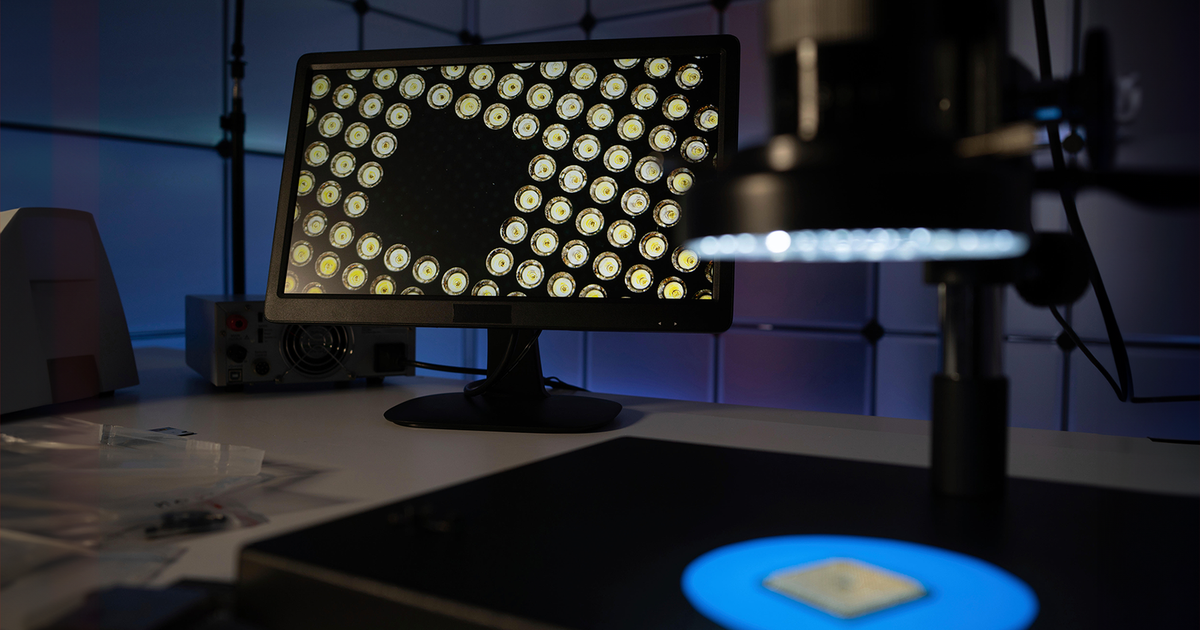
February 16, 2024 at 05:33PM
The collaborative paper by researchers from OpenAI, Cambridge University, Harvard University, and University of Toronto offers “exploratory” ideas to regulate AI chips and hardware. Suggestions include measuring and auditing advanced AI systems and enforcing policies to prevent abuse. However, industry resistance to security features impacting AI performance is expected. Ideas include throttling connection bandwidth and remote chip disabling.
The meeting notes highlight several key considerations for regulating AI chips and hardware to prevent the potential abuse of advanced AI systems. The researchers from various institutions proposed several exploratory ideas and recommendations, including measures to monitor and audit the development and use of AI systems and the chips powering them, as well as policy enforcement recommendations such as limiting system performance and implementing security features to disable rogue chips remotely.
Additionally, there was a discussion about the focus of governments on AI policy predominantly on the software side, whereas the paper aims to cover the hardware aspect of the debate, emphasizing the need for attention to AI hardware policy.
A notable proposal from the meeting was the suggestion to cap the compute processing capacity available to AI models as a security measure. There was also the idea of limiting bandwidth between memory and chip clusters to identify and prevent abuse of AI systems. The potential implementation of security guardrails and detection methods for AI system abuse was highlighted as an area that requires further research.
Furthermore, the notion of remotely disabling chips and implementing attestation schemes through cryptographic signatures to control access to AI systems was discussed. However, it was acknowledged that these remote enforcement mechanisms carry significant downsides and potential risks.
Overall, while there are proposed measures and potential solutions to regulate AI chips and hardware, there are also concerns about impacting AI performance and the challenges of implementing such security mechanisms, as highlighted by industry analyst Nathan Brookwood.